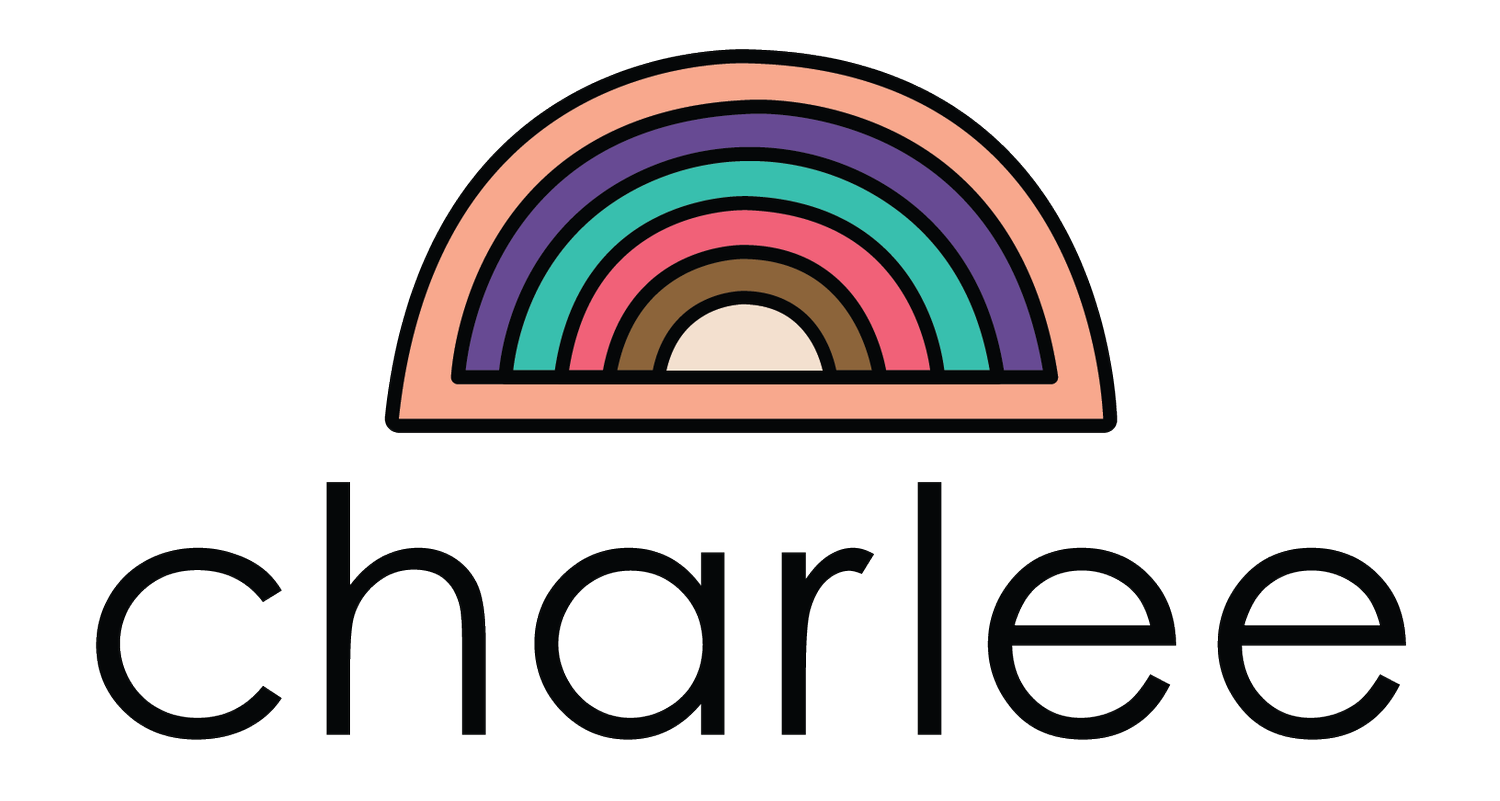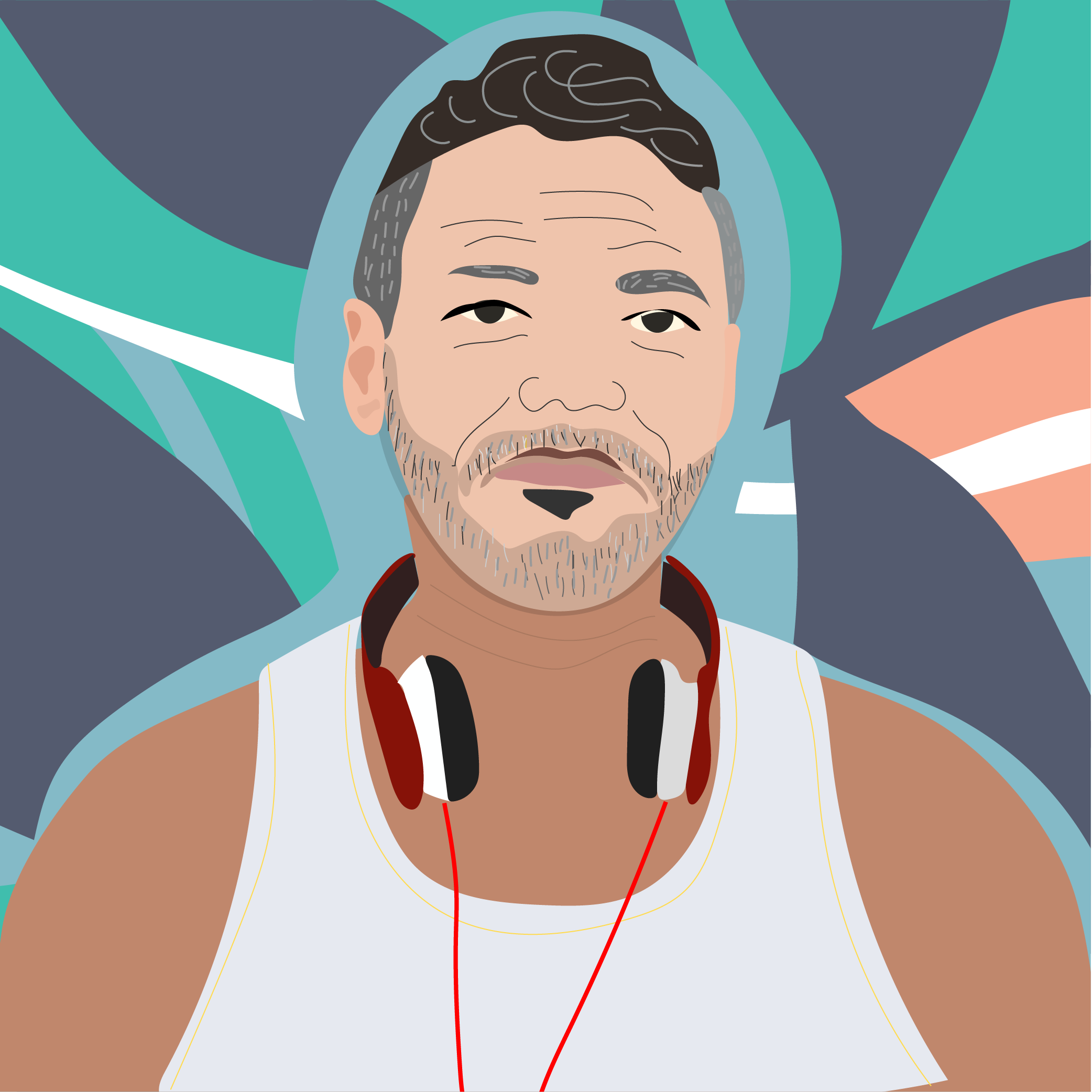
LGBTIQA+ Suicide Prevention
What is LGBTIQA+ Suicide Prevention?
LGBTIQA+ suicide prevention recognises and addresses the unique experiences faced by LGBTIQA+ communities within an affirming and culturally safe context.
These experiences can include issues such as:
social stigma
discrimination
marginalisation or rejection from families or peers due to a person’s gender identity and/or sexual orientation
These issues can lead LGBTIQA+ people to experience poorer mental health outcomes and higher rates of suicidality compared to any other population in Australia. Mainstream suicide prevention services often don’t reach (or do not appropriately support) LGBTIQA+ communities.
LGBTIQA+ suicide prevention is designed to support LGBTIQA+ communities in a safe and understanding environment that centres the needs of LGBTIQA+ people, who otherwise may not engage in help-seeking.
Peer support plays a large role in LGBTIQA+ suicide prevention. Communities who have faced discrimination and marginalisation will often prefer to seek support from within the community they trust and who better understands their experiences. Trained LGBTIQA+ peers use the knowledge gained from their experiences to provide emotional, social and practical support to other LGBTIQA+ people. Having support from someone who has a shared experience, can offer new perspectives or solutions that may not have been considered prior. This support framework can boost an increase in self-determination, connections, and overall well-being.

LGBTIQA+ suicide prevention is designed to deliver support and appropriate referral in a safe and understanding environment that centres the needs of LGBTIQA+ people, who otherwise may not engage in help-seeking.
Why do we need LGBTIQA+ Suicide Prevention?
Although LGBTIQA+ people live positive and healthy lives, statistics by LGBTIQ+ Health Australia show that a disproportionate number experience poorer mental health outcomes and are at higher risk of suicidal behaviours compared to the rest of the population.
LGBTIQA+ people often experience profound levels of stigma, prejudice, discrimination and abuse which can be directly linked to these mental health outcomes. It’s important to note that these higher levels of poor mental health and suicidality are a result of stigma and discrimination, not because of being LGBTIQA+.
Some of the key areas related to stigma and discrimination that are specific to LGBTIQA+ communities and may lead to poorer mental health and suicidality include:
Experiencing violence or abuse due to being LGBTIQA+
Social isolation as a direct response to being LGBTIQA+
Erasure of LGBTIQA+ identity
Experiencing minority stress
Barriers to employment or services due to being LGBTIQA+
Rejection from family or friends for being LGBTIQA+
Marginalisation
Feelings of not ‘passing’

